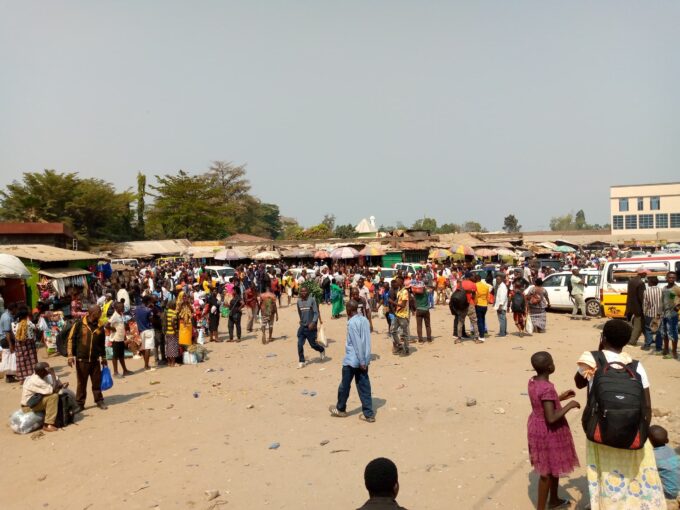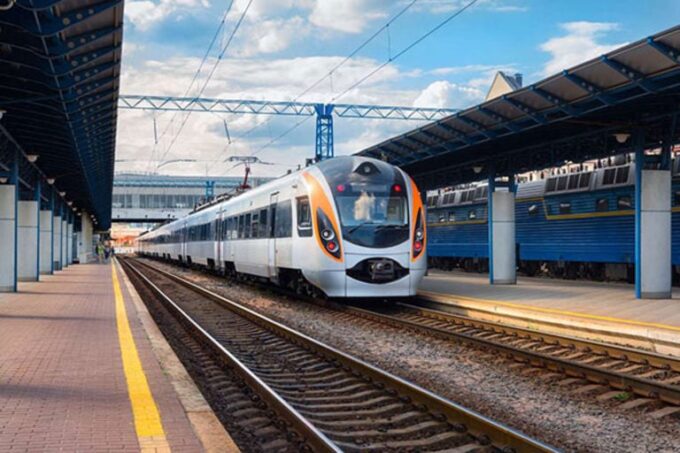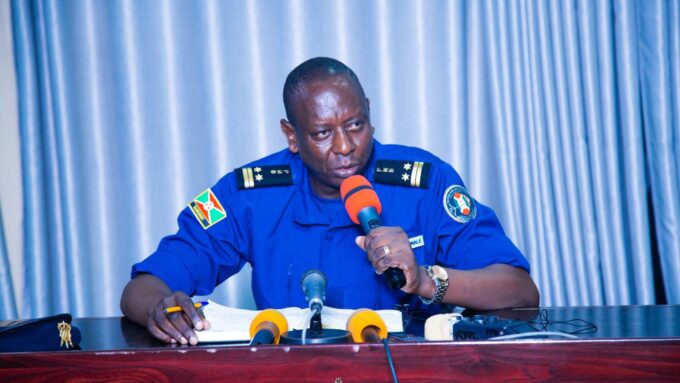Taxi drivers operating small Probox vehicles in Makamba Province, in the south of Burundi, have ceased work since Monday morning, citing crippling fuel shortages that have upended their livelihoods. Local media reports indicate that the crisis has forced drivers to suspend their services due to mounting losses and steep operational costs.
“Passenger transport services are at a standstill because we can no longer work at a loss. Every time a vehicle is dispatched, the owner demands a payment to cover fuel costs. Due to the current fuel shortage, we have had to suspend our operations,” one drive told local broadcaster Isanganiro.
The drivers also decried the punitive fines imposed when they attempt to raise fares to cover the increased costs.
“When we try to adjust our fares, we face fines ranging from 500,000 to 700,000 Burundian francs. Many drivers among us have already been hit with fines of 600,000 or even 500,000 Burundian francs.”
Burundi has been facing a persistent fuel crisis that has not only disrupted transportation but also rattled the country’s broader economy. The scarcity of petroleum products has forced many public transport operators into the black market, where exorbitant prices and rampant smuggling from neighboring Tanzania further complicate the situation.
Amid these challenges, the Probox taxi drivers in southern Burundi call on the government for relief. They argue that during such shortages, they should be permitted to negotiate fare increases with passengers to cover their escalating costs. One driver pleaded:
“Sincerely, help us if you can! If fuel were available, we could resume our work, as it is our only source of income. We only earn money when we work. Please make fuel accessible so we can operate like everyone else. Allow us to negotiate fares freely—whether it’s an increase of 1,000 or 2,000 francs—so we can cover our expenses and provide for our families.”
Adding to the public outcry, a local civil society PARCEM, has urged the government to issue clear guidelines on conduct during the fuel crisis. In a statement released last week, the group called on the Ministry in charge of Energy to outline concrete measures to manage the crisis and prevent arbitrary actions by authorities.
“Clear instructions are necessary for how people should behave during this severe shortage. While citizens are struggling to adapt, the lack of guidance has led to instances where the administration and police have imprisoned individuals. Fuel is vital for the movement of goods and people, and the state must ensure that at least a minimal supply is maintained to keep the country functioning,” according to a statement posted on X, formerly Twitter.








Leave a comment